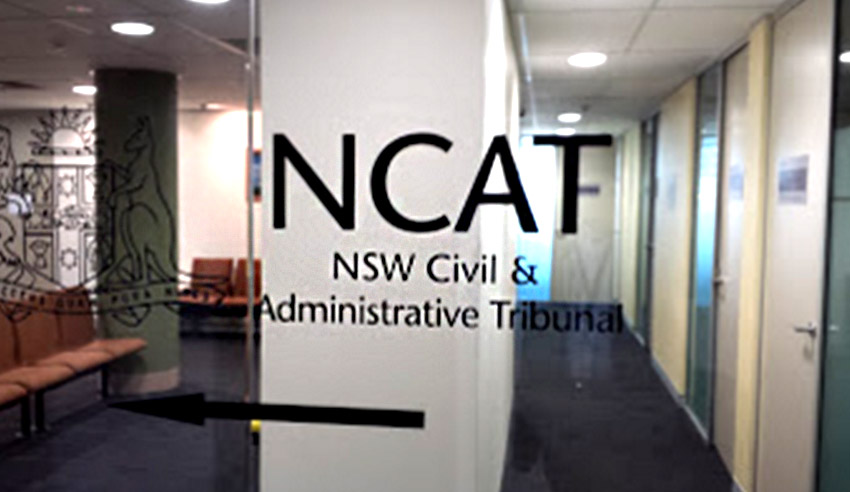In the desperation to take a break from work stressors, an NSW solicitor falsely signed, and had a colleague witness, a non-work-related document that led to several strained relationships at the firm and finished in an official professional misconduct complaint.

In March 2016, for the purpose of obtaining an Australian passport for her daughter in the hopes that she could take time away from work, the solicitor signed the applications with her ex-husband’s signature and asked a colleague to falsely witness it. During the time before and after the conduct, the solicitor was struggling with workplace stressors.
During the nine months, the solicitor was uncertain about her starting date and unable to inform colleagues and clients about her intentions to leave. This placed pressure on the solicitor and, as rumours eventually circulated, caused many others some concern.
When the solicitor eventually made the move over to the second firm, she felt isolated. The colleague who witnessed the passport signing – and the complainant – took leave several times and the solicitor experienced difficulty sourcing the work. To make these matters worse, the colleague lodged a number of complaints to human resources.
The NSW Civil and Administrative Tribunal noted that there was conflict within the firm, and particularly in the solicitor’s team. She began to feel “responsible for bringing staff problems” to the firm and was “worried she might not be able to make good on billings”.
“The resourcing issue was not giving her time to build relationships with partners or to integrate into the firm. She was not able to consolidate her relationships with her clients or seek new work,” the Tribunal added. “These financial results that she had promised the firm were not being delivered because files were not being properly managed.”
After she spoke to a friend who lived overseas about workplace stressors – along with other personal issues – the solicitor decided to visit the friend with her daughter. In the desperation of travelling and after realising her daughter’s former passport was almost expired, the solicitor set out on the misconduct that was the subject of this complaint.
To convince the colleague to witness the document, the solicitor told them that her ex-husband had been into the office earlier that day to authorise and sign.
The misconduct unravelled when the agency responsible for the passports phoned the ex-husband to check he had given his authority for the daughter to travel so soon after the divorce. The agency then called the colleague who falsely witnessed.
As her behaviour became known to the firm, the solicitor attempted to mislead partners and principals by stating that there was no irregularity with the documents. During this period, she accused the colleague of being a “liar” and “dug herself into a hole”.
While the Tribunal accepted that the solicitor was subjected to “extraordinary stressors” during the period leading up to the misconduct, it did not accept that this led to a failure to consider the “serious impact of her conduct”. The Tribunal was also concerned that she did not consider the emotional and mental toll it would have on her colleague.
She has been reprimanded and restricted from practising law only as an employee of a firm, corporation or government authority or as a volunteer of a community legal service. She is also prohibited from supervising another legal practitioner.
The names and any identifying features of the solicitor, the complainant and the firms have been prohibited to be published by the Tribunal, as are documents and evidence filed in relation to the matter. As such, this article is written based only on the Tribunal’s reasons, which is publicly available on AustLII.
